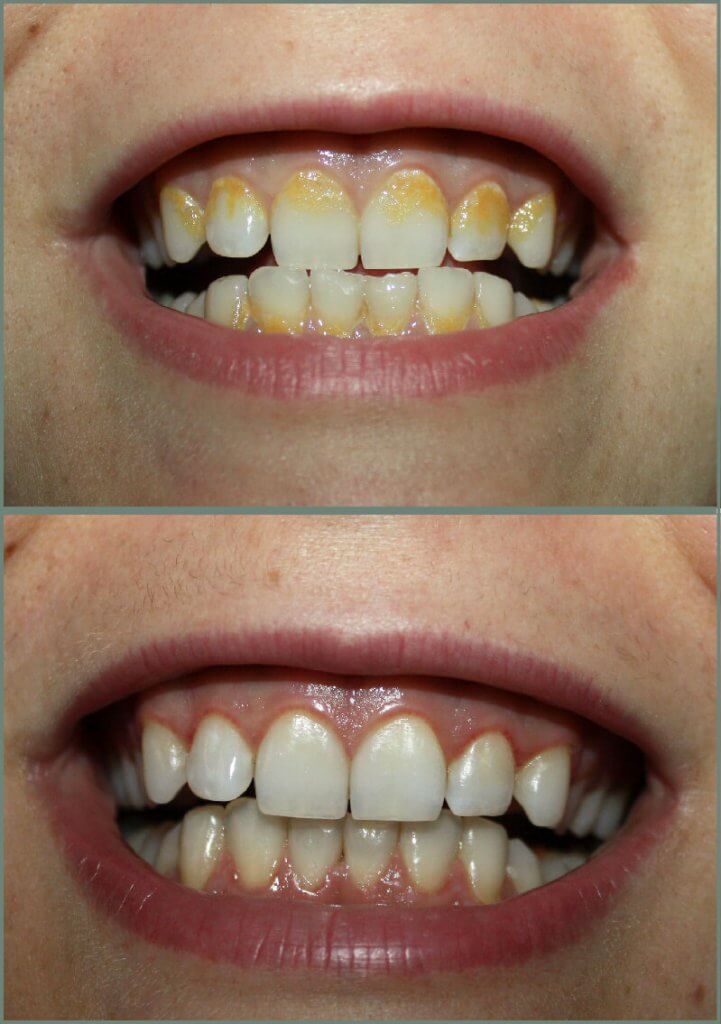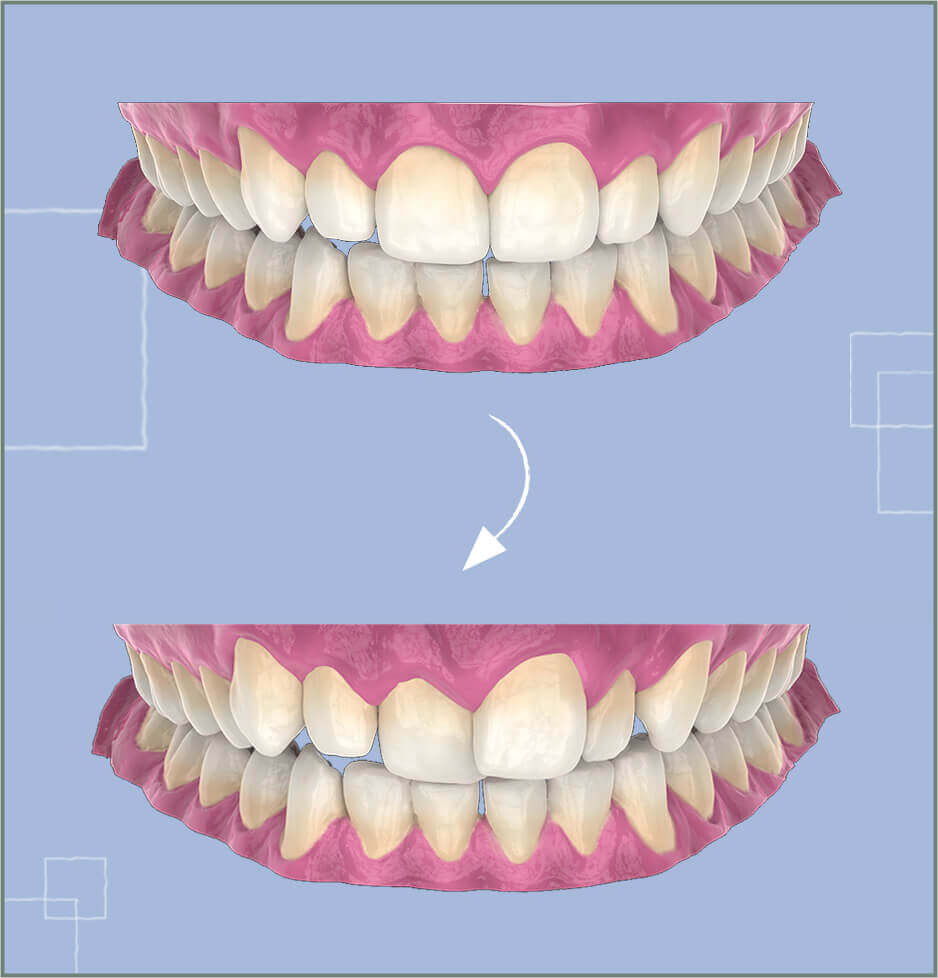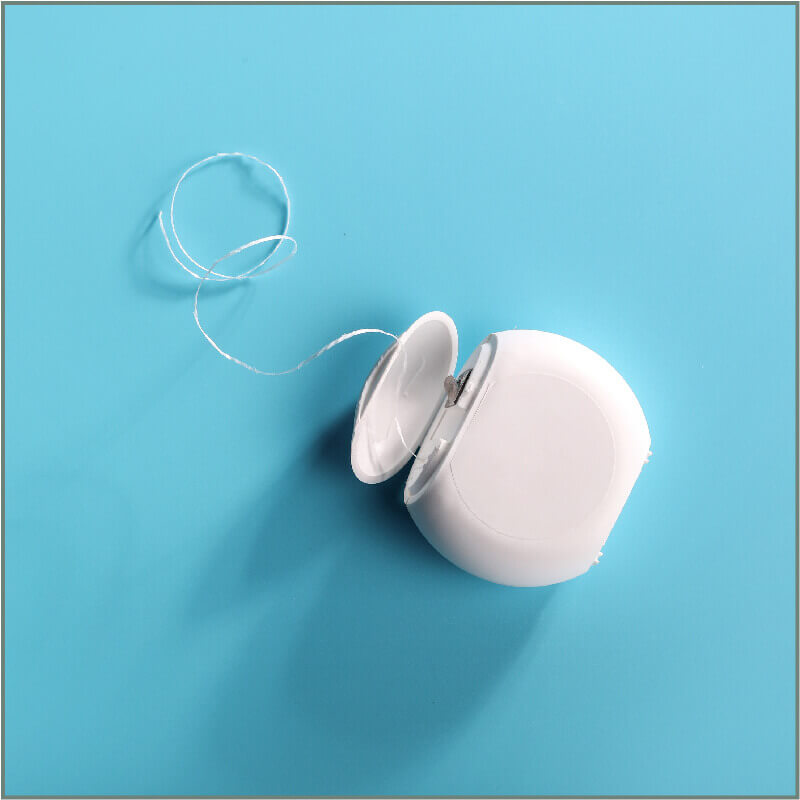It may appear as an aesthetic problem only, preventing and removing dental plaque is of utmost importance. Neglecting the issue may cause serious issues later on. In order to make sure this doesn’t happen, we collected some useful information with Dr. Dóra Bátai.

1, The forming of dental plaque is a natural process. In short, it is crystallized plaque. More precisely, it forms from the calcium found in blood, saliva and gingival groove.
2, Dental plaque can form on any hard surface, including artificial teeth
3, It can appear both under and above the gum line. The most common place is the back side of the lower front teeth, and the outside of the molar teeth. This is due to the positioning of the saliva glands exits.
 4, What we eat or drink has nothing to do with having dental plaque. However, consuming sugary goods can cause the rapid spread of bacteria, leading to extensive plaque deposits, and higher chance of decay.
4, What we eat or drink has nothing to do with having dental plaque. However, consuming sugary goods can cause the rapid spread of bacteria, leading to extensive plaque deposits, and higher chance of decay.

 5, It can form at any age. It may appear during the childhood, or not appear at all for a lifetime. The most common reasons for developing dental plaque are: having braces, the composition of our saliva, and the quality of our dental hygiene.
5, It can form at any age. It may appear during the childhood, or not appear at all for a lifetime. The most common reasons for developing dental plaque are: having braces, the composition of our saliva, and the quality of our dental hygiene.

6, Prevention starts with proper dental care. The correct use of toothbrush, floss, and mouthwash is very important. There are special tablets sold at the pharmacy that paints the plaque in our mouth, revealing where we should pay more attention when cleaning our teeth.
7, Dental plaque may appear in our mouth despite all our efforts. We recommend to have an appointment with a professional hygienist at least once a year. The name of this treatment is scale and polish. This is done with an ultrasonic scaler or handheld equipments. Using the scaler is quicker, but sometimes it is not possible (patients having a pacemaker, patients with ultra-sensitive teeth). Although it is not particularly painful, scale and polish can be uncomfortable, especially the areas closer to the gum. The water cooling of the scaler may also cause discomfort, when the cold water stream hits the tooth.
 8, If left untreated, dental plaque can cause serious gum and periodontium inflammation. The latter is especially dangerous, because this area includes the gingival, cementum, and gingival fibers.
8, If left untreated, dental plaque can cause serious gum and periodontium inflammation. The latter is especially dangerous, because this area includes the gingival, cementum, and gingival fibers.

All in all, keeping good care of our teeth is essential in order to avoid mouth infections and other issues. If you are not sure about your daily mouth care routine, check our guide here.


